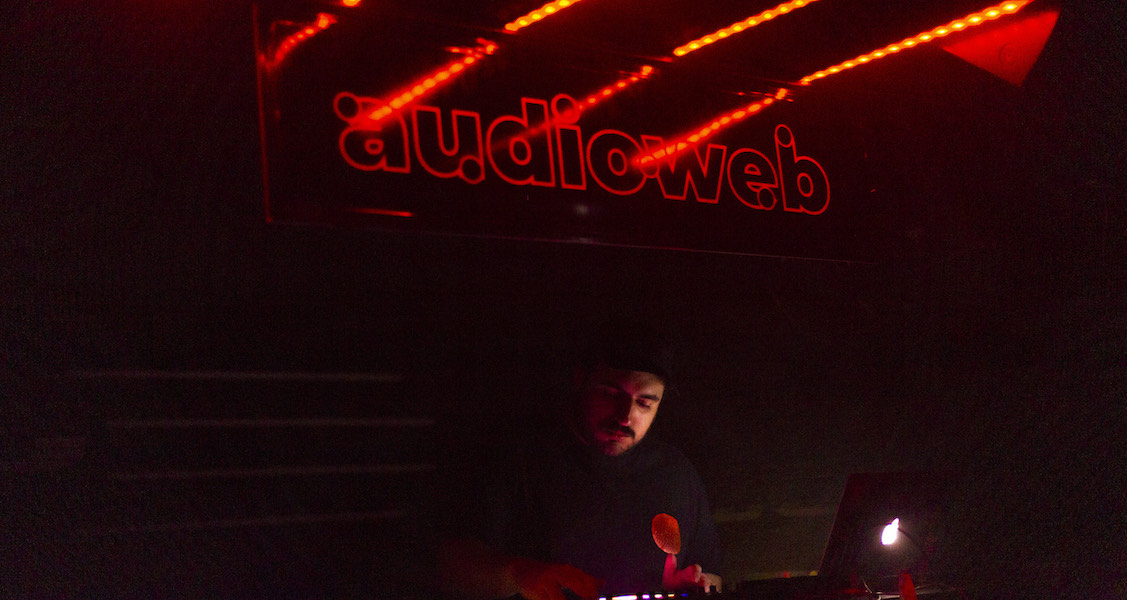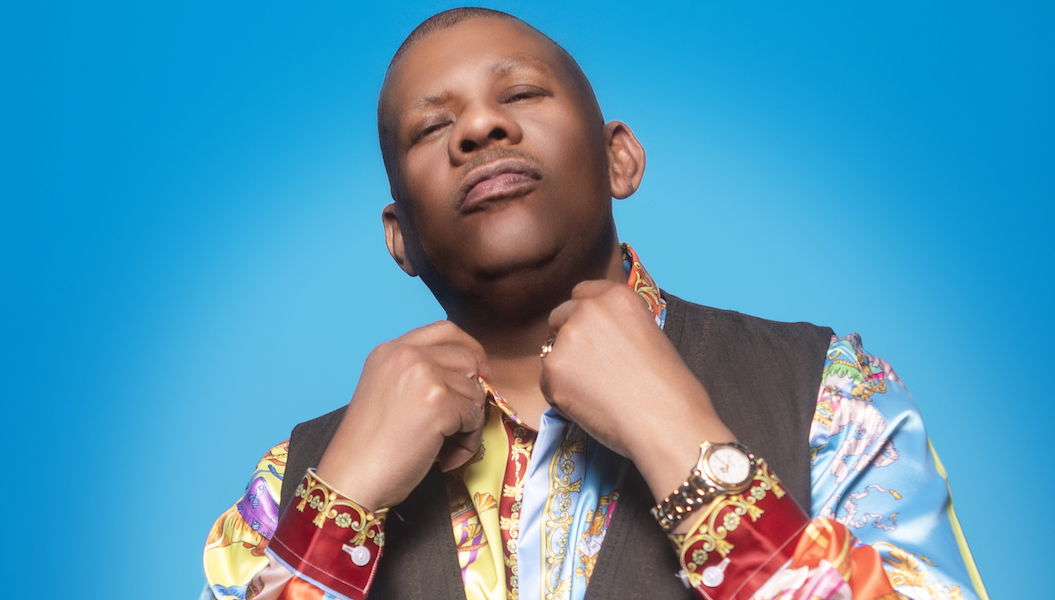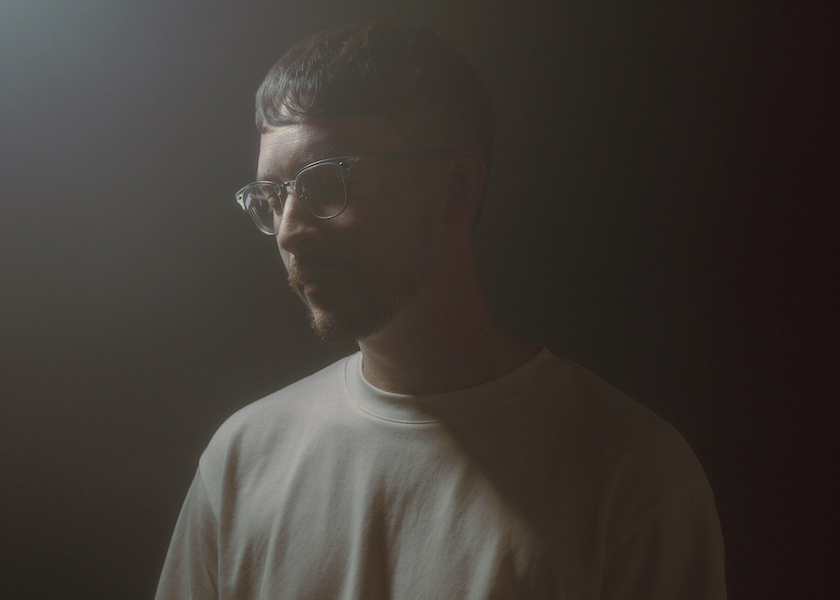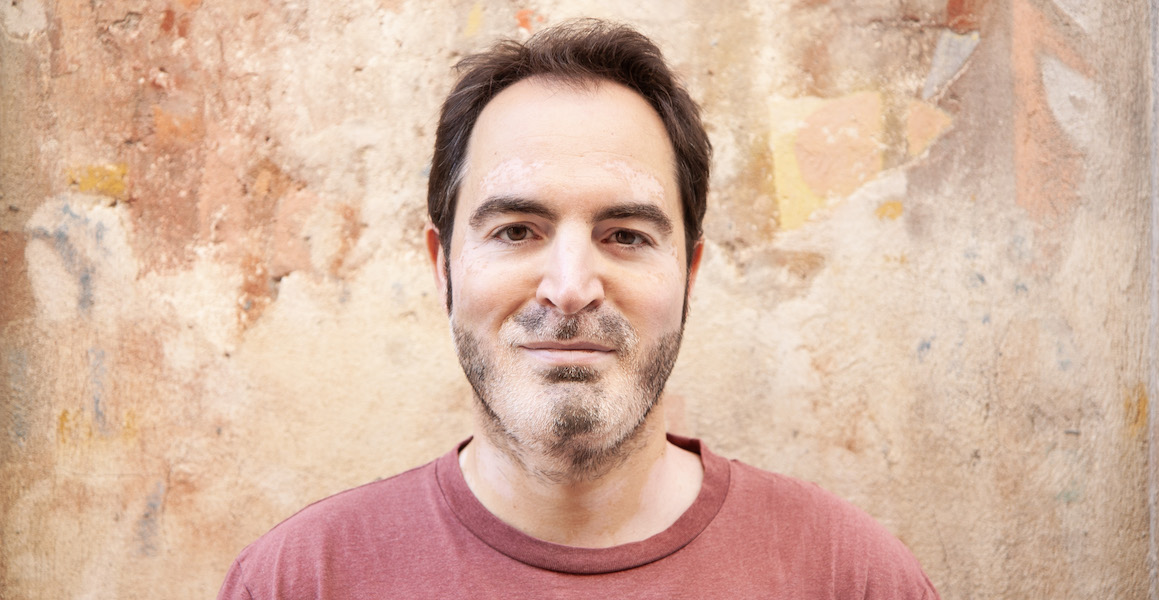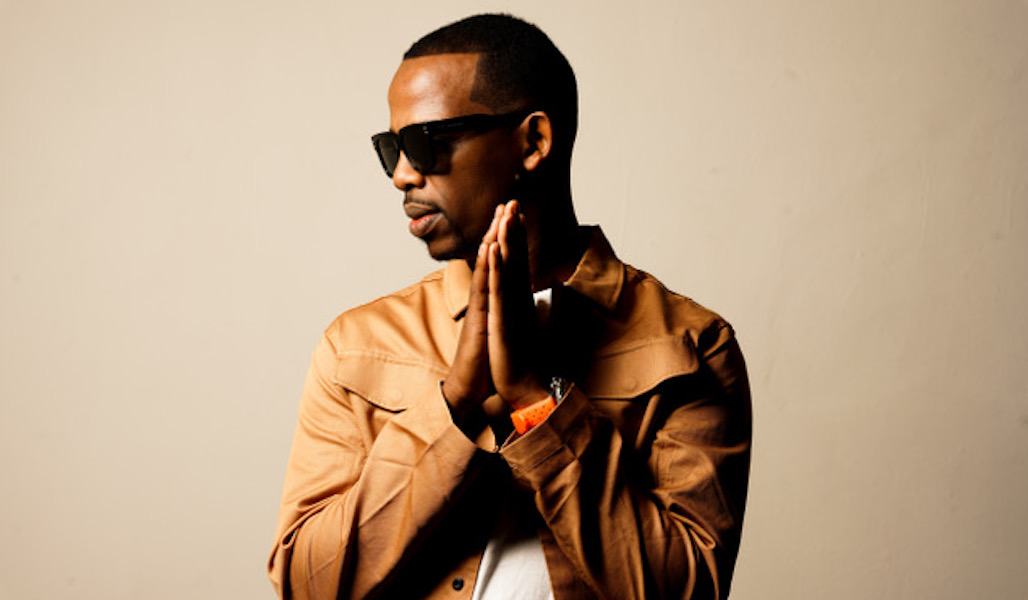We’re pleased to sit down with Uruguayan Techno producer Molen who has just released his 12 Inch EP called ‘Artifacts’ on Seven Hills Records. Expect bleep techno, prog trance and EBM on the A-side, while the B-side leans towards deeper breakbeat and electro flavours.
Molen is also one of the co owners of Audioweb, a label and party which he runs with some friends. Molen’s recent output is some of the most interesting music coming out of Uruguay in recent years so we’re super excited to welcome him to our Little Talk series for a chat.
WWD: Hey Molen, Great to meet you! What’s happening in your world at the minute?
Hello everyone! I’m also delighted to meet you and to be able to tell you a little about myself and my projects. At the moment, I’m calmer in aspects of musical production, looking for new influences and listening very actively to music in general. I’m currently trying to tackle different projects, not only growing musically with new releases, but also expanding into event production, running a label with friends, planning new releases and thinking about upcoming dates to play, carrying my latest productions to the dance floor.
WWD: Congratulations on releasing ‘Artifacts EP’ on Seven Hills Records. Talk us through the release?
I thank you! I’m very happy with this release, my friends at Seven Hills were interested in my music and approached me in a very friendly way which made me comfortable and satisfied with how we were working on the EP. I already knew the label for a long time and had been following their releases, so when they wrote to me it was very cool, and of course I immediately agreed to the proposal of sending them demos. From receiving the first demos that I showed them until we found the four tracks that ended up forming the EP, a few months passed, during which I was listening to the EP continuously, playing it at parties and trying it out on the dance floor, to a very good reception.
WWD: Can you enlighten us on the meaning of your artist name?
It’s very simple, my artist name comes from the distortion of my last name, I took the last five letters of Bermolén, and that’s how Molen was born.
WWD: What inspired you to embark on this journey with music?
Since I was very little I have had a lot of sensitivity for art, entertainment and expression. I was lucky to be able to access a lot of music, many movies, cartoons, video clips etc. thanks to my family who noticed the interests I had. This allowed me to access more and more of these types of materials. I spent a lot of time during my childhood observing and trying to replicate what I saw. The first thing I loved to do was draw, I did it all the time creating my own characters or trying to replicate what I saw on TV. And then a little later in time, when I was about 14 years old, I began to feel a huge interest and curiosity about music and its production, and I accessed a program to produce music. From that moment to this day I never stopped playing and trying to materialize my ideas in the form of drawings, designs, photographs and videos, but what has interested me the most and what I have maintained over time is undoubtedly music.
WWD: Can you describe the connection between your music and your Uruguayan roots, and how they continue to influence your music today?
Currently I’m more aware of my national influences, Uruguay is a country that has always had a very serious musical culture, and it is so true that it takes a while to be able to access and understand what has been done by the outstanding artists of this country. I’m a big listener of national artists and I like characteristic Uruguayan rhythms, such as Tango, Candombe, Rock and their variations or fusions. As for the Uruguayan electronic scene, I feel great pride in my country and where it is positioned worldwide, it is inexplicable what happens here, there is an impressive cradle of artists at every party, many who are on the dancefloor not just dancing and enjoying, but listening with a critical ear to the development of a set, the musical selection, the mixing technique, many of those who are in a corner without talking to anyone, possibly they are producers or bedroom DJs that no one knows, but with incredible music to be discovered.
WWD: What has been the highlight of your career so far? Can you talk about a specific moment or accomplishment that stands out as particularly meaningful to you?
I think that although there are many different aspects, the 2020 pandemic, being locked up for many months made me have a very high production rate, when I was not working remotely I was making music, So I think that moment made the difference, compared to the reality of what was happening, luckily I was able to escape by putting on headphones and spending many hours creating music. Until that moment, I had made a lot of music, but nothing published by a label. I think that my first digital release through the Slovenian label, Origin, was a turning point, a label that has released several Uruguayan artists and to which I am very grateful. . Thanks to this first release titled “Tomorrow Never Waits”, a European label approached me (Clut Communications) and I had the opportunity to release my first vinyl, “Subterranean Practice”. Clearly this is also a highlight of my career, since I fulfilled my ultimate dream of publishing music in physical format.
WWD: Can you share some insight into your creative process when producing music? Do you have any particular rituals or methods that help you stay inspired?
So far I have not developed an exact method, it really comes from the need to express something, as long as I have something to say the music will come out on its own, my creative process is quite linked to my moods and for me the production is almost a therapeutic practice. But what I do look for is to have a few hours available in my day, and look for a kind of disconnection with the world, to abstract myself for a while and let ideas come out. I usually try to produce fairly quickly, by advancing the track and then making decisions about the elements that I want to stay, and removing everything I don’t need.
WWD: Can you tell us about any challenges you have faced in your career and how you overcame them? Have there been any specific obstacles or difficulties you’ve had to navigate as an electronic musician?
Many times I run into creative blocks, I have to deal with that, but I’m lucky that I really like music itself, so when I don’t find a strong and marked track, I start searching and trying from another angle. Perhaps slow rhythms or quite the opposite, very fast rhythms, so I continue to experiment and play with many different genres and sound palettes, other cadences, speeds or emotions and this is how I manage to evade or overcome these blocks. I also take advantage of existing music, I listen to everything, there really isn’t much music that I don’t like or that I’m not interested in listening to.
WWD: What advice would you give to aspiring musicians trying to make it in the industry? Are there any particular tips or strategies you’ve found to be particularly effective in building a career as an electronic musician?
Be consistent and curious, be genuinely interested in music, it is not necessary to be a genius to make electronic music (although there are some), it can start from experimentation and play, until one knows the basic aspects and you start to add more tools, at least that’s what I noticed about my process. It is also good to share, although it is important to know when to do it. I enjoy sharing music with people, dance music ends up making sense when a DJ mixes it and it makes the crowd move. When sending demos, it is always best to send a good amount of music, so that the label has freedom to listen, select and also increases the chances that they will find interesting tracks and want to use them. Personally, what I try to do is select demos that would go well in a release, usually I like to work on the releases with the labels, so the album ends with at least one track for warmup, one or two tracks as for a central time slot, and also one or two closing tracks, in this way it makes the album more interesting and functional for DJs, therefore more saleable and profitable for the label, who are responsible for the production of the entire album, from mastering to cover art design, etc.
WWD: As someone deeply rooted in the electronic music scene, what state is it in right now? What notable artists are emerging?
I like many artists from all over the world, but mainly our national artists. Today there is a great scene made up of “new school” of artists, many of whom are friends or colleagues in music, it makes me very happy to see them releasing physical or digital albums on important and respectable labels, in that way we’re all contributing to Uruguayan electronic music, in order to keep the bar high as previous generations have kept it, for whom we all have enormous appreciation and respect them highly, people like DJ Koolt, Nicolas Lutz, Z@p, Two Phase U, Santiago Uribe, and the entire Phonotheque crew.
WWD: When you are not busy with music, what might we find you doing?
I told you before that I like many activities related to creativity, I do graphic design, both graphic identities and flyers for events or parties. I’m running my own label (Audioweb) with two of my friends, in which I manage the identity and visual communication, and I also work as a filmmaker and editor in marketing companies and advertising agencies. What’s next for you? – I think it will be a great year, since so far this has been the year with the most releases, luckily I have found very interesting labels in which I have been releasing music, I’m really very happy with the guys from Seven Hills who have given me this opportunity to bring my music to physical format once again, “Artifacts EP” is a release that I have been wanting to get my hands on for a long time, and I recently received my copies and I am really in love with the album! A big greeting to everyone!
The ‘Artifacts’ EP is available here

